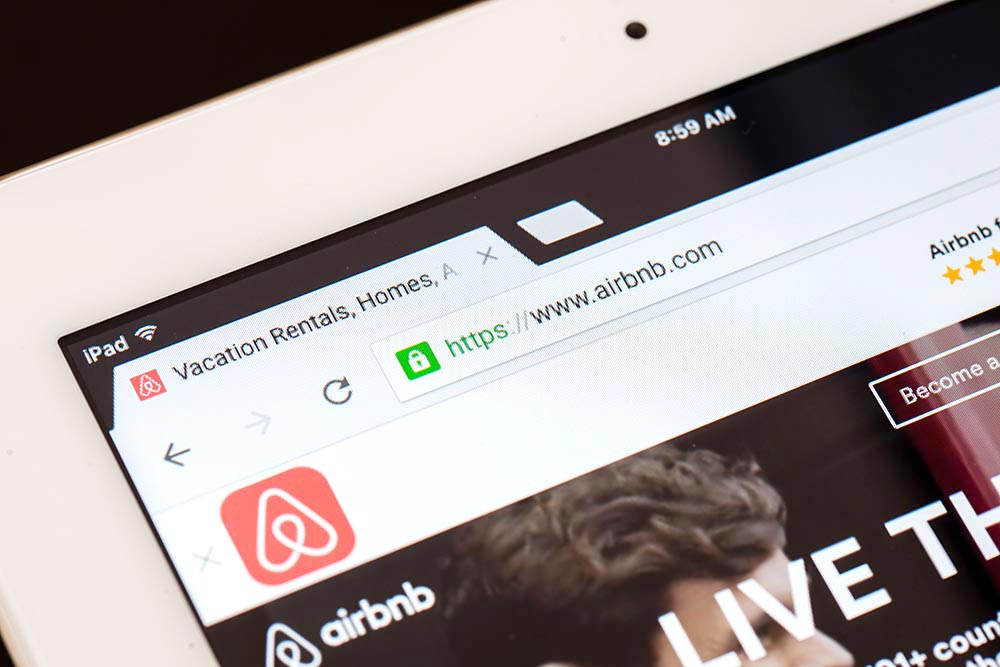Even if you’re not running an online store, you probably still need to add an SSL certificate to your site.
What is an SSL certificate?
You’ve heard the term SSL Certificate, but do you know what it actually refers to? An SSL (which stands for Secure Sockets Layer) certificate encrypts data — it protects information such as names, addresses, and credit card numbers — so that it can be securely sent between your website’s visitors and your web page. If you’ve ever shopped online, you’ve surely seen the green padlock icon at the top of the browser window. That’s an indicator that any information you submit will be kept private. Additionally, the HTTPS (which stands for HyperText Transfer Protocol Secure) in front of a website’s URL also signifies an encrypted connection.
Does my website need an SSL certificate?
Yes. Especially if you accept payments online. It’s a layer of insurance for both you and your consumer. In fact, most web hosting companies require SSL for online merchants. After all, you wouldn’t want to risk your customers’ credit card information being stolen while shopping on your site, would you? Target, Home Depot and eBay all suffered online security breaches over the past few years. They received a lot of negative press and lost a lot of customers.
Online security is of the utmost importance. Even if you’re not running an online store, you probably still need to add SSL to your site. Here’s why:
- Protect password logins.
If any of your website’s pages are password protected, you need an SSL certificate. So, if your site it powered by WordPress or Joomla! or any other content management system with an administrator login page, this is you. - Secure all web forms.
If you’re collecting any personal data, be it names, addresses, phone numbers, or email addresses, you need an SSL certificate. Form mail can be intercepted, and your customers don’t want their information stolen. So, why take the chance? - Consider SEO.
Okay, another term you’ve probably heard before, but you may not know what it is. SEO stands for Search Engine Optimization. Basically, it’s how well your website performs organically in search results. And, using SSL has been shown to improve search rankings. - Increase conversions.
A large majority of Internet users are concerned about their personal information being misused online. In fact, most people would abandon a purchase if data was being sent over an insecure connection. A secure site is a sign of trust and authority. - Google Chrome will out you.
Yes, it’s true. Google Chrome, whose users make up the majority of the worldwide Internet browser market, has stated that as of July 2018, it will flag any and all websites that do not have an SSL certificate. And, it will alert your visitors that their connection is “Not Secure”. Now, how many of us would really continue browsing a website if we’re being told that our connection isn’t secure? That would be like riding a motorcycle without a helmet. Okay, it’s not necessarily a life or death situation, but it is an accident waiting to happen.
If you’re still reading, chances are you’ve made the decision to get SSL for your website. Good, you won’t regret it. You’ll reap the benefits for sure. And, your visitors will thank you for keeping their security at the top of your mind.

